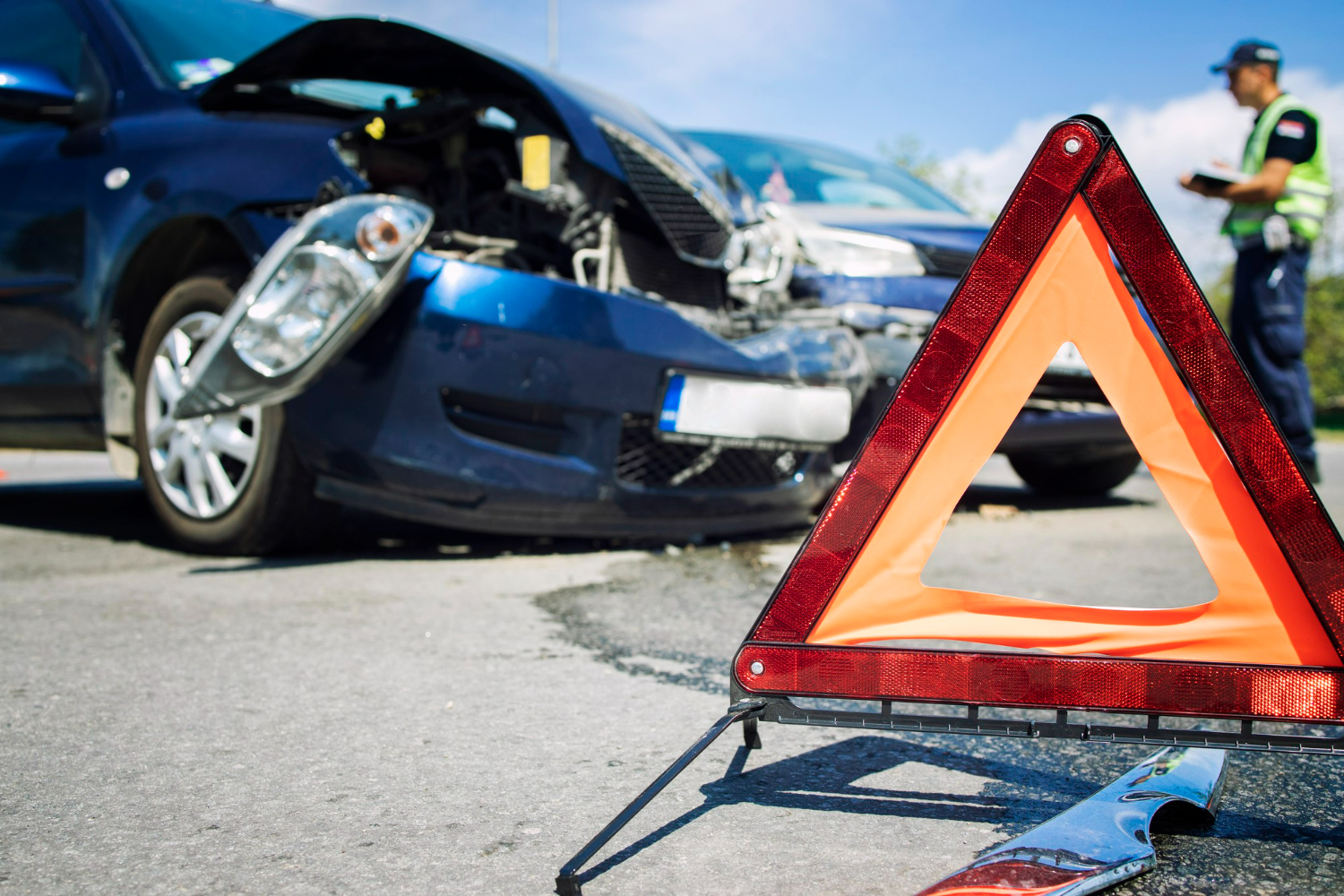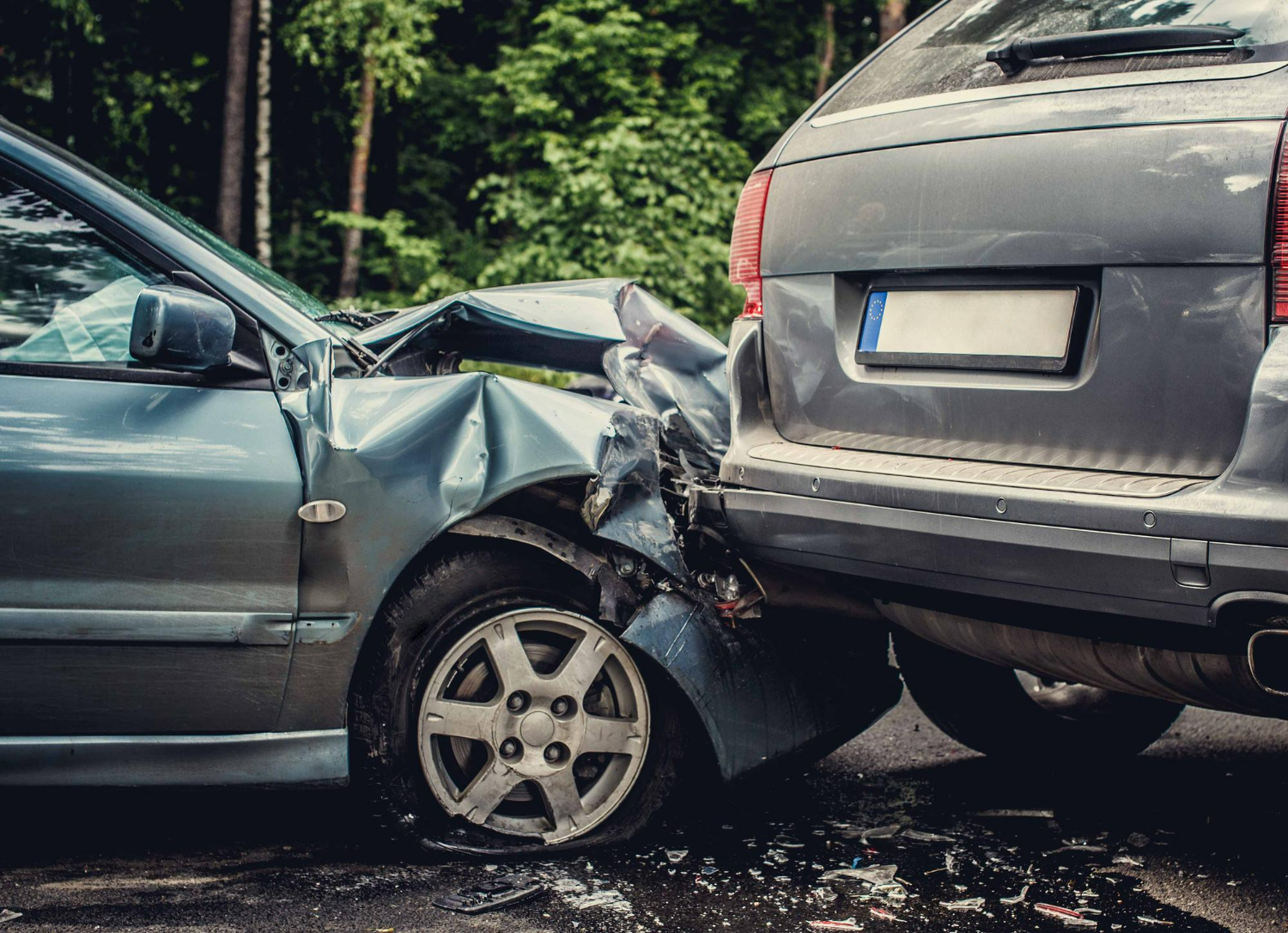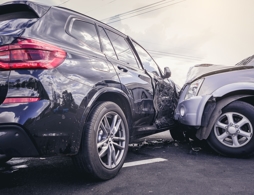Houston Car Accident Lawyer
When you’ve been involved in a car accident, finding an experienced and compassionate Houston car accident lawyer can make a significant difference in the outcome of your case. A qualified lawyer will represent you, advise you on your legal rights, and thoroughly investigate the accident details to build a strong claim. Whether you need help filing claims for compensation or negotiating settlements, having a dedicated professional by your side ensures that your interests are properly defended in court. Many injured parties wonder how to find a good Houston car accident lawyer or how much these legal services might cost. Understanding the fees and when to hire a lawyer can help ease some of the stress during this difficult time.
A skilled car accident lawyer is aggressive in proving liability and pursuing compensation for injuries, while also remaining trustworthy and reliable throughout the legal process. We consult with clients about insurance policies and work diligently to ensure settlements or court judgments reflect the full extent of damages suffered. From the perspective of the client, insurance companies, and even opposing counsel, a lawyer’s assertiveness and professionalism are crucial characteristics that influence case success. Searchers often ask what evidence is needed or what to expect during a car accident lawsuit, and a knowledgeable auto accident attorney will guide you through each step with compassion and clear communication.
Clients also benefit from lawyers who demonstrate thoroughness and dedication when suing on their behalf or defending them in court. Our legal professionals not only handle the paperwork and negotiation but also help prepare clients for consultations and court appearances. Our reliability and skill give injured parties confidence in navigating the complex legal system. By working with a Houston car accident lawyer near you who embodies these attributes, clients increase their chances of receiving fair compensation while feeling supported during a challenging time.
Houston Driving Safety Tips
Driving safely in Houston means staying focused and following key safety guidelines. The Houston Police Department advises avoiding distractions, ensuring all passengers use seat belts, and never driving under the influence. Drivers should plan routes to reduce stress, stay patient with other drivers, and avoid aggressive behavior. Being alert and watching traffic conditions helps anticipate hazards. For up-to-date traffic info, drivers can check the City of Houston’s Active Incidents page. The Vision Zero program also offers data and strategies to reduce serious injuries and fatalities on Houston roads. Using these resources helps create safer streets for everyone.
Popular Houston Insurance Companies
Car insurance rates in Houston vary based on age, driving history, and credit. According to NerdWallet’s May 2025 report, Texas Farm Bureau offers the most affordable full coverage for a 35-year-old driver with good credit, averaging $1,586 annually. Other options include State Farm at $1,974 and Auto Club of SoCal at $2,160. Younger drivers pay higher rates; for example, a 20-year-old might pay $2,443 with Texas Farm Bureau or $5,095 with State Farm. Clean driving records generally lead to lower premiums, while violations like DUIs can raise costs significantly, for instance, rates for a driver with a DUI might jump to $6,437 with Texas Farm Bureau.
Navigating the Houston Court System
Personal injury claims in Houston are handled in civil courts based on the claim’s value and nature. Larger cases go to the Civil District Courts, located at 201 Caroline, Houston, TX 77002, inside the Harris County Civil Courthouse. The Civil District Clerk’s office is on the 4th floor. These courts have jurisdiction over personal injury and other civil matters.
Our Bellaire Car Accident Injury Law Office Serving Houston Clients
Goldenzweig Car Accident & Personal Injury Lawyers
6575 W Loop Street
Suite 420
Bellaire, TX 77401
713-322-8249
Open 24 Hours





